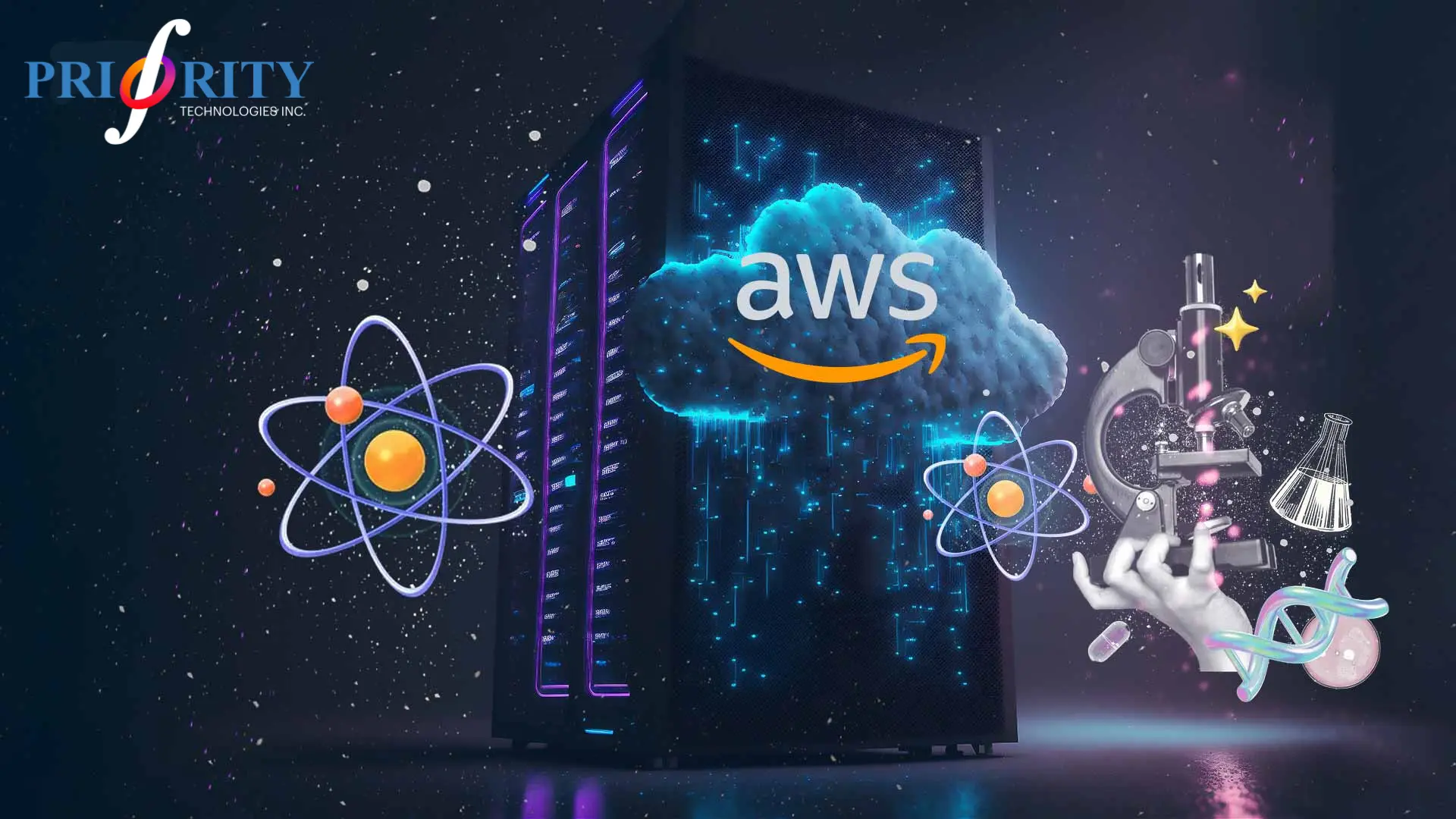Introduction
Supply Chain Management or Industry is that one biased industry department where giants are dominating and small & micro players are continuously making huge losses. In this blog post we will try to understand the in the simple terms where is supply chain management needs to be done and how technology like AI, Gen AI can fly off any retail business using appropriate LLM models.
Untouched problems in retail business
Still in today’s business world especially when we talk about Retail Industry we always talks majorly about Sales, Marketing, Products, Marketing Trends, Digital Marketing, Finance, Taxes and much more but we barely talks about the supply chain management. Today we’re gonna considering the wholesale and retail business as our center point and how many small & micro business owners are making huge losses in not considering the supply chain management as a core department in their business. There is a huge misconception about the wholesaling or retailing business is, they are into sales business or they are having some products that need to be sold on large scale to make money. Many business owners are focused on increasing sales and for that they are using multiple sales techniques, discounts, offers etc., but they are missing one most important thing into their business is they are not in selling business instead they are in supply chain business especially when we consider the wholesale business. Wholesale business is never the business of selling wide variety of products in large scale, it is a business of using appropriate techniques of supply chain. A wholesaler’s core objective to provide right product to the right retailer in the right time. Here many wholesalers are missing one thing i.e., right time. Many wholesalers have figured out the right product for the right retailer but they are missing the right time especially in the dense populated cities. So if any wholesaler or retailer who is in B2B business they are not actually in product selling rather they are in supply chain business. Once the right product is supplied correctly to the right customer in the right time, boom the sales happened. And to reach out to the customer in the right time in competitive market it is necessary to sort the supply chain problem. And to find the answer to this problem we are trying figure out how Artificial Intelligence, Gen AI, and LLMs can be highly helpful in solving the supply chain management issues to multiply the revenue.
The Role of LLMs in Supply Chain Management
LLMs, like GPT-4, have the ability to understand and generate human-like text, making them powerful tools for various applications in supply chain management. Here are some key areas where LLMs are making a significant impact:
1. Demand Forecasting
Demand forecasting is the primary key to consider in the supply chain. A business owner must use historical data, previous bills, market trends, and other external factors like economic indicators, seasonal variations, demand and supply trends, etc., for better inventory management, avoiding overstocks, stockouts situations. And to manage the inventory here comes LLMs in the picture. LLMs are given all the previous data and models captures latest market trends from Google to get the perfect result in demand forecasting and reduce the operational costs.
2. Supplier Management
Supplier relationships for timely deliveries could be the most challenging task and here comes LLMs in the scenario for monitoring supplier performance, predicting general delays, suggesting alternative supplier in the same domain. In fact LLMs can analyze communication patterns and contractual terms to identify risks and opportunities for negotiation.
3. Real-time Inventory Tracking
Tracking the inventory in the real-time across multiple locations is a very complex task. Sometimes product theft is recognized, the most common problem that is seen regarding the inventory management is product miscalculation for the dispatch. General human error is a very common problem in inventory management. LLMs can save this time, efforts and save the human errors. LLMs can integrate with IoT devices to provide real-time update to the inventory management software from each rack. Also LLM can predict positive inventory shortage during special season time and create an automatic reordering process. This enhance visibility and control over the supply chain.
4. Logistics Optimization
Logistics is the most risky part in the supply chain. Most wholesalers had sunk their business due to so many loopholes in logistics process. Most common problems that are recorded for the loss of supply chain business is in the logistics. Some of the problems are mentioned below:
- Unexpected traffic in the route results in delayed delivery.
- Whether conditions.
- Fuel Prices
- Un-trackable stops during the routes.
- Irregular schedules and unavailability of vehicles on time.
These are some of the common issues that are found in the logistics department. The list might be more but important is solution. Most of the wholesalers, supply chain businesses fails to solve these loopholes and LLMs can solve them easily. LLMs again can be integrated with IoT devices and attached to the vehicles that can track real-time motion, real-time traffic situations, whether conditions, unnecessary stops during the routes, time of halt, problems for the solution is only one LLM.
Technical Considerations for Integrating AI in Retail
Integrating AI, particularly LLMs, into the retail industry requires careful planning and execution. Here are some key technical considerations:
Data Quality and Quantity
The success of LLMs depends on the quality and quantity of data they are trained on. Wholesalers need to ensure they have access to comprehensive, clean, and up-to-date data. This may involve investing in data collection, storage, and preprocessing infrastructure.
Scalability
Wholesalers must consider the scalability of their AI solutions. As the business grows, the AI system should be able to handle increasing volumes of data and provide real-time insights without compromising performance.
Integration with Existing Systems
Seamless integration with existing supply chain management and ERP and CRM systems is crucial for maximizing the benefits of AI. Wholesalers or B2B Retailers need to ensure that their AI solutions can communicate effectively with other software platforms to provide a unified view of the supply chain.
Security and Privacy
With the increased use of AI comes the responsibility to protect sensitive data. Wholesalers must implement robust security measures to safeguard customer information and proprietary business data. Compliance with data privacy regulations is also essential. Hence it is a common practice while developing such systems and Priority Technologies Inc., is expert in developing the system for data privacy.
Continuous Learning and Adaptation
AI models need to be continuously updated with new data to remain effective. B2B Retailers should establish processes for ongoing learning and adaptation of their AI systems to keep up with changing market conditions and emerging trends.
Conclusion
The integration of Large Language Models into supply chain management is transforming the retail industry by addressing key challenges such as demand forecasting, supplier management, real-time inventory tracking, and logistics optimization. By considering the technical aspects of data quality, scalability, system integration, security, and continuous learning, retailers can harness the full potential of AI to drive efficiency and growth.
Priority Technologies Inc., is your perfect AI Development partner and excited to see how you as a wholesaler will continue to shape the future of supply chain management and help your retailers stay ahead in a competitive market by getting such AI powered systems developed with Priority Technologies Inc.
















